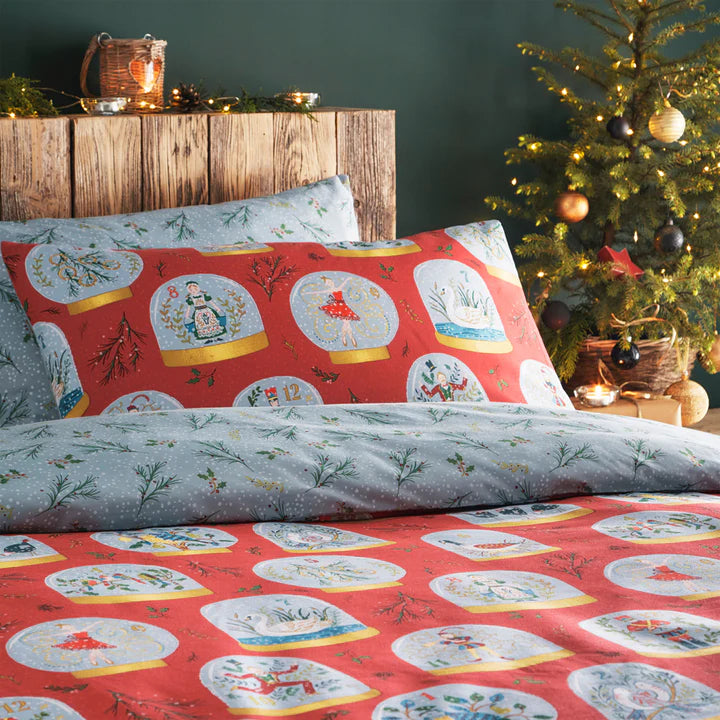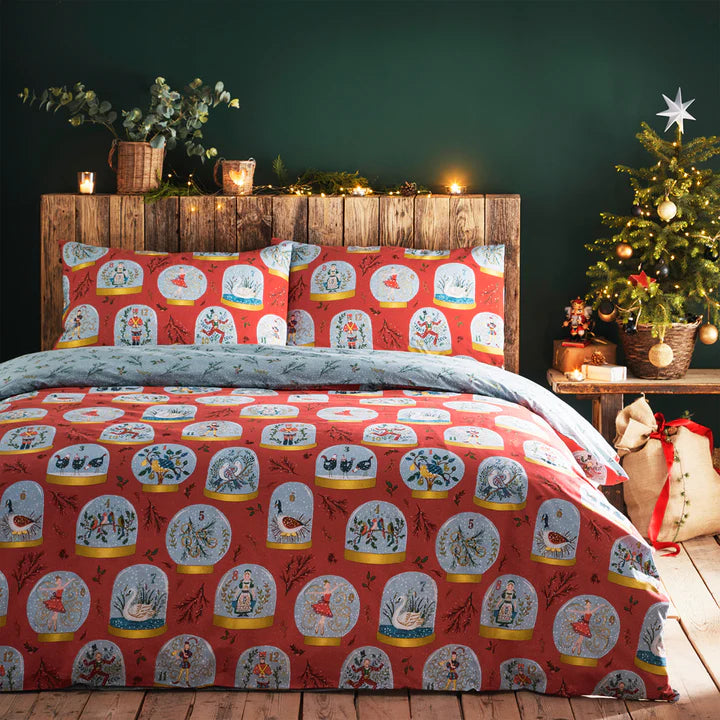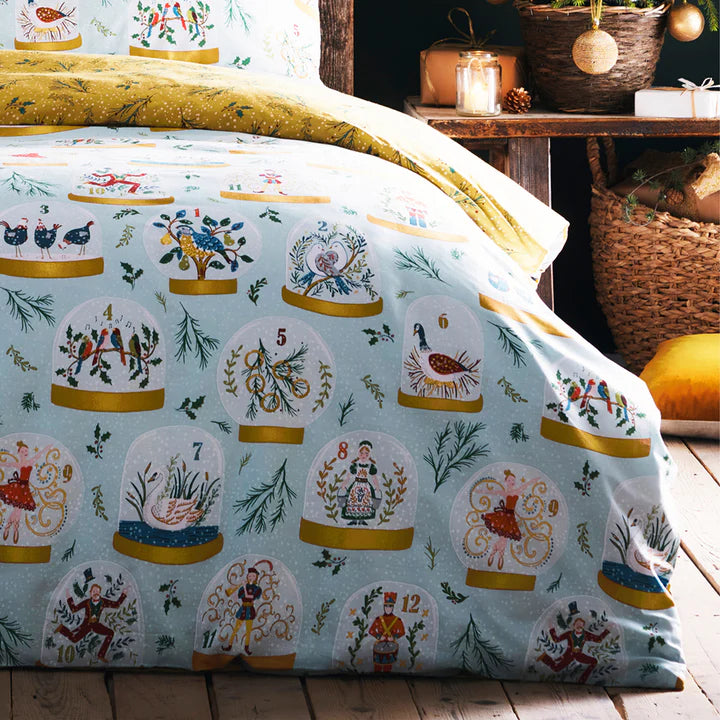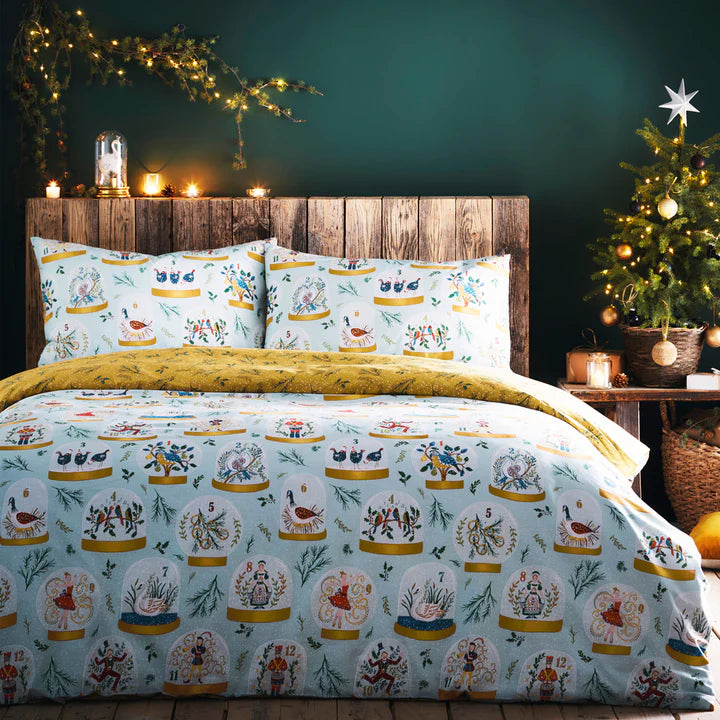In today’s world, consumers are becoming increasingly conscious of the products they buy and the impact they have on their health and the environment. One certification that has gained significant importance in the textile industry is the OEKO-TEX Standard 100. But what exactly does this certification mean, and why should you care if your fabrics carry it? In this blog, we'll explore the importance of OEKO-TEX Standard 100, what it ensures, and why it matters for both consumers and manufacturers.
1. What is OEKO-TEX Standard 100?
OEKO-TEX Standard 100 is one of the world’s best-known certifications for textiles tested for harmful substances. Introduced in 1992 by the International Association for Research and Testing in the Field of Textile and Leather Ecology, this certification ensures that every component of a textile product, from the threads to the dyes and coatings, has been tested and is free from harmful chemicals.
For a fabric to be certified under OEKO-TEX Standard 100, it must meet strict limit values for substances that are known to be harmful to human health, including regulated chemicals, heavy metals, pesticides, and even substances that are not yet legally regulated but are known to pose health risks.
2. Guarantees Safety for Consumers
One of the primary reasons OEKO-TEX Standard 100 is so important is because it directly impacts consumer safety. Fabrics come into contact with our skin every day, whether through clothing, bedding, towels, or upholstery, so it’s crucial to ensure they are free from harmful substances.
Products with OEKO-TEX certification provide peace of mind that they do not contain chemicals like formaldehyde, phthalates, or other toxic substances that could irritate the skin, cause allergic reactions, or even lead to more serious long-term health issues such as respiratory problems or hormonal disruptions. This is especially critical for baby and children's clothing and bedding, where sensitive skin is more vulnerable.
3. Environmentally Friendly Production
OEKO-TEX Standard 100 certification is not only about consumer health but also about protecting the environment. The certification process includes rigorous testing for substances that are hazardous to ecosystems, including certain dyes, chemicals, and finishes that can pollute water supplies or cause harm to wildlife if released into the environment.
By choosing OEKO-TEX certified products, you’re supporting more sustainable manufacturing processes. Certified companies are encouraged to implement eco-friendly production practices, reducing the use of toxic chemicals and ensuring that wastewater and emissions are treated responsibly. This makes OEKO-TEX certification an important factor in promoting sustainable consumption and minimizing the environmental footprint of textile production.
4. High Testing Standards and Transparency
The OEKO-TEX certification is highly reputable due to the comprehensive testing process that textiles must undergo. Each year, certified products are randomly tested to ensure they continue to meet the required safety standards. This ongoing evaluation helps maintain a high level of transparency and trust between manufacturers and consumers.
Additionally, OEKO-TEX tests fabrics for more than 100 parameters, ensuring that even the smallest details meet the highest standards. The certification also adapts to new scientific discoveries and regulatory changes, making sure that products remain safe for consumers, even as new potential risks are discovered.
5. Protects Vulnerable Groups
Certain groups of people, such as infants, children, pregnant women, and those with sensitive skin or allergies, are more vulnerable to the effects of harmful substances in textiles. OEKO-TEX Standard 100 certification ensures that these products meet the strictest safety levels. In fact, the certification process is categorized into different product classes, with Class 1 being the most stringent and focusing specifically on products designed for babies and toddlers.
For parents, this certification is particularly important when purchasing items like baby clothes, blankets, bedding, and other textiles that will be in constant contact with their child’s skin. Knowing that these products are OEKO-TEX certified provides an extra layer of reassurance.
6. Ethical Consumer Choice
In an era where ethical consumerism is gaining momentum, OEKO-TEX Standard 100 certification allows consumers to make informed and responsible purchasing decisions. Choosing certified textiles means supporting companies that prioritize the health of consumers, workers, and the environment. It also encourages textile manufacturers to continuously improve their processes and adhere to stricter safety and sustainability measures.
For those looking to reduce their personal exposure to toxins or lessen their environmental impact, OEKO-TEX Standard 100 provides a clear and trustworthy guide to choosing safer and more eco-friendly products.
7. Promotes Innovation in the Textile Industry
As consumers become more aware of the risks associated with chemicals in textiles, manufacturers are feeling increased pressure to innovate. The OEKO-TEX certification motivates companies to develop safer, higher-quality textiles that meet or exceed regulatory requirements. This has a ripple effect on the entire industry, encouraging advancements in green chemistry and more sustainable practices that benefit everyone involved, from the producer to the consumer.
Conclusion
The OEKO-TEX Standard 100 certification is a crucial tool for anyone concerned with the health and environmental impacts of the fabrics they use in their daily lives. Whether you're buying clothing, bedding, towels, or other textiles, choosing OEKO-TEX certified products ensures that you're making a safer, more responsible, and environmentally-friendly choice. With strict testing protocols, transparent standards, and a focus on protecting both consumers and the planet, OEKO-TEX certification sets a high bar for textile safety and sustainability.
By supporting OEKO-TEX certified products, you are not only protecting yourself and your loved ones from harmful substances but also promoting sustainable and ethical manufacturing practices that have far-reaching benefits for our environment and global health.
For more information go to https://www.oeko-tex.com/en/our-standards




























